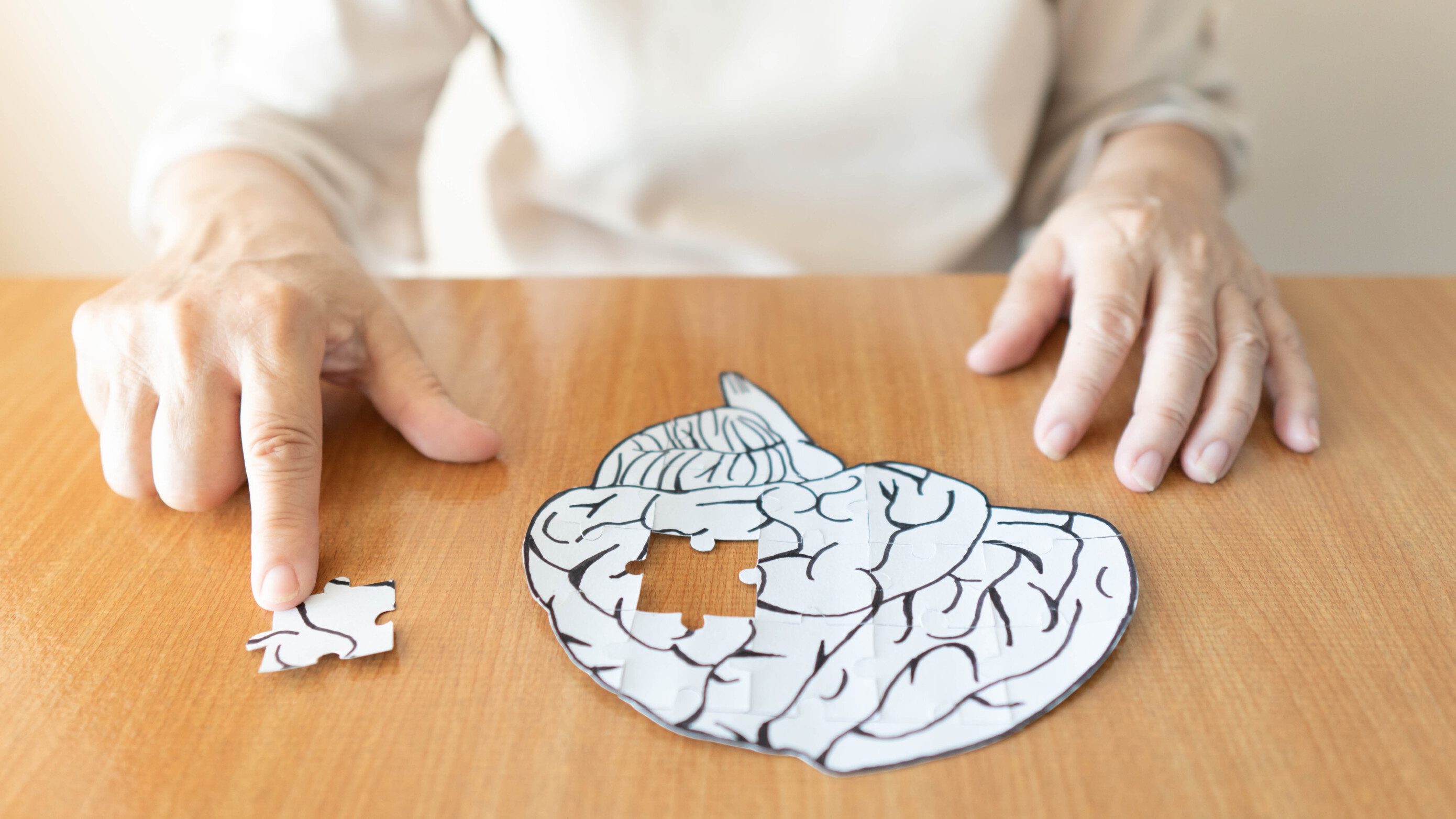Memory loss doesn’t always mean Alzheimer’s disease
When people notice memory problems or confusion in themselves or their loved ones, they often fear the worst – Alzheimer’s disease. But not all memory problems mean dementia. Several other medical conditions cause similar symptoms but are easier to treat. Caregivers and families should remain vigilant and explore all options before jumping to conclusions.
1. Depression can look like Alzheimer’s disease
Older people with depression may appear forgetful, disoriented or withdrawn. This condition is sometimes called “pseudodementia.” People may have trouble concentrating, making decisions, or remembering names and dates. Unlike Alzheimer’s disease, memory loss related to depression can improve with the right treatment. Therapy, medication or even increased social contact can lead to rapid improvement.
2. Thyroid problems affect brain function
An underactive thyroid gland (hypothyroidism) slows down the body. This also includes the functioning of the brain. People may feel tired, forgetful or mentally foggy. These symptoms often appear gradually and can be mistaken for the early stages of Alzheimer’s disease. A simple blood test can reveal thyroid problems. With the right medication, most people recover completely and feel sharper again.
3. Vitamin B12 deficiency can be reversed
The body needs vitamin B12 to keep the brain and nerves healthy. Low levels can lead to confusion, mood swings and memory loss. Seniors are at higher risk because the body absorbs less B12 with age. Strict vegetarians or people with certain stomach ailments may also lack this vitamin. B12 deficiency can be easily screened for and often treated with supplements or injections.
4. Urinary tract infections cause confusion in seniors
Urinary tract infections are common in the elderly. Many people don’t know that a urinary tract infection can cause sudden confusion, agitation and memory loss – especially in people with weaker immune systems. These symptoms can occur without typical symptoms such as pain or fever. Fortunately, antibiotics often clear the infection within a few days and mental clarity returns.
Early testing is of great importance
A professional examination is key. Many treatable diseases will worsen if ignored. The sooner you find the real cause, the faster your loved one can feel better. Caregivers should encourage seeing a doctor at the first sign of a worsening mental condition. Doing so protects the senior’s health and relieves stress for the entire family.
At Atena, we know how frightening memory loss can be. Our experienced caregivers understand the symptoms and respond to them with care and attention. We connect families with professionals who know when something is “not working” and act quickly. Whether your loved one is suffering from Alzheimer’s or a treatable illness, our staff will provide peace of mind and superior care. Contact Atena and let us help you find the support you need.







